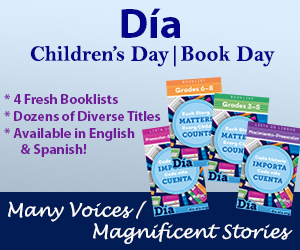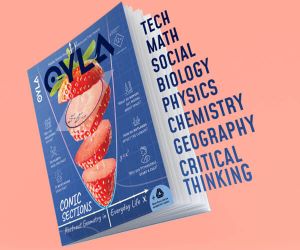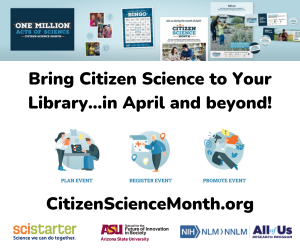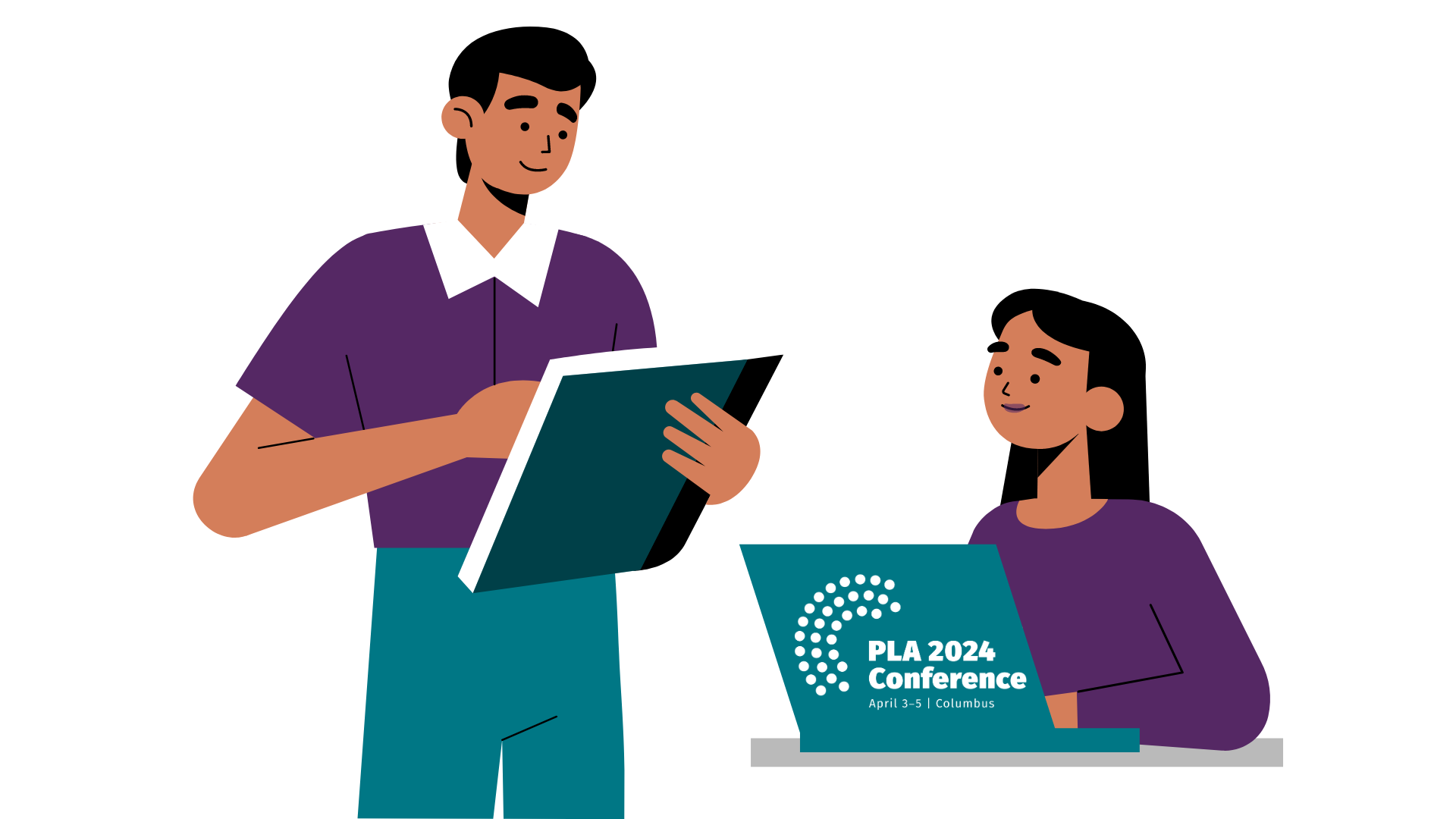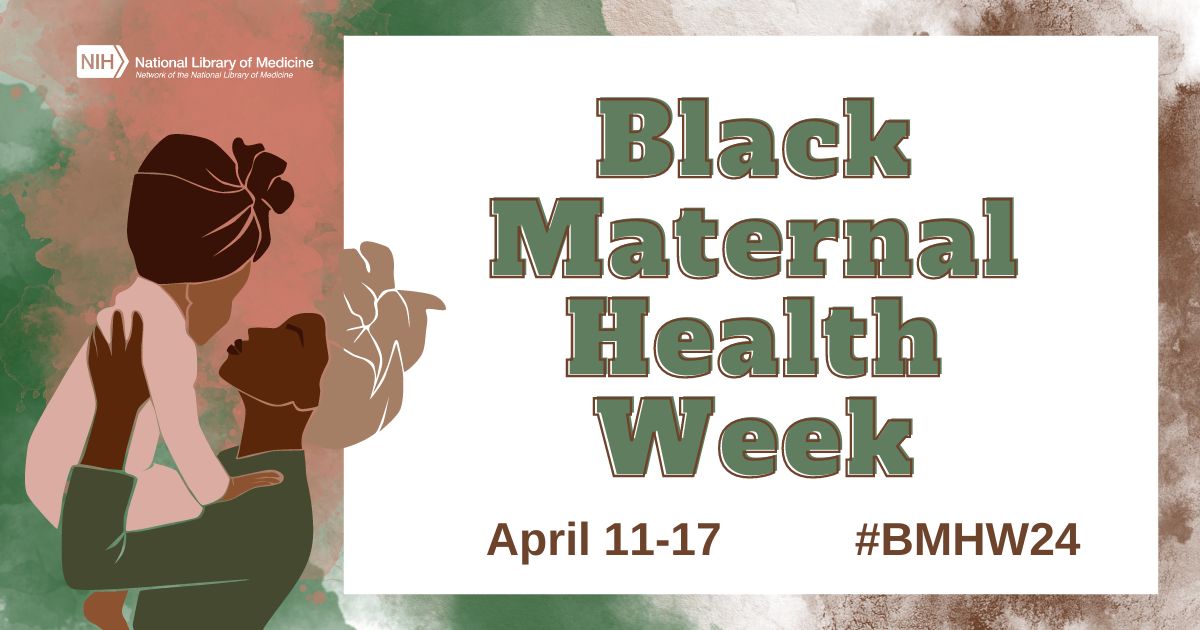Jane Pek on Subverting Genre Tropes and the “What If” Scenario at the Heart of Her Ingenious New Mystery
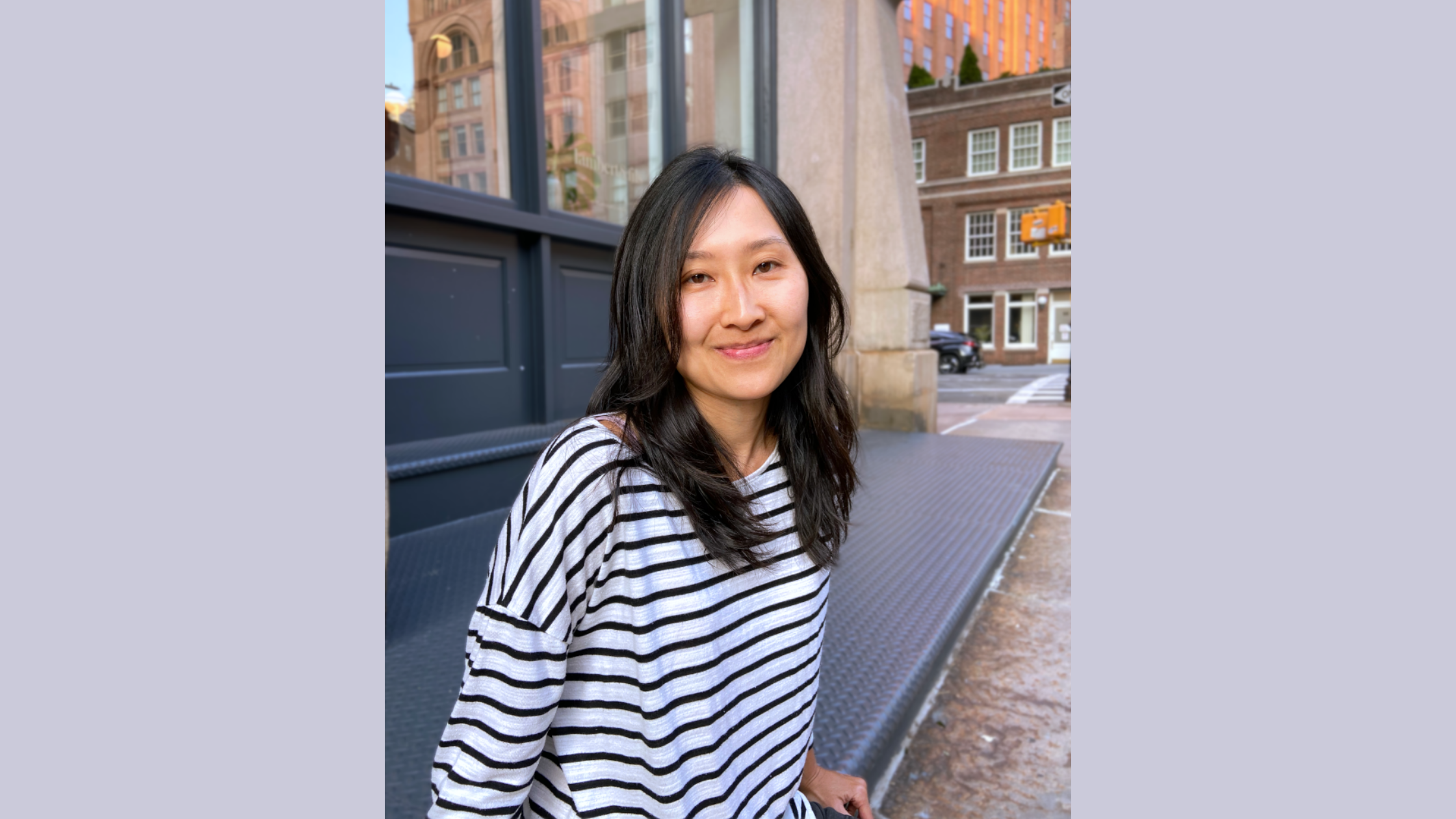
Twenty-something Claudia Lin spends her days biking around New York City, working for a very unusual (and exclusive) detective agency. Lovelorn New Yorkers hire Claudia’s company to investigate their potential romantic partners, and Claudia must determine if the online persona on the partner’s dating profiles matches up to their real life identity. When one of Claudia’s clients dies under mysterious circumstances, the lifelong lover of detective fiction immediately suspects foul play. Despite strict instructions to the contrary from her boss, Claudia launches her own investigation. In the midst of tracking down a potential murderer, Claudia must also fend off her mother’s prying questions about her love life, keep her job secret from her high-achieving siblings, and navigate the confusing waters of New York’s dating scene. Jane Pek’s witty and incisive The Verifiers is a love letter to the Golden Age of mystery, and with Claudia, Pek has created a brilliant and endearing detective for the current age. Critics have heaped praise on The Verifiers. Buzzfeed hailed it as an “astute, page-turning debut [that] sheds light on the necessities and limitations of interpersonal interaction, the role technology plays in its evolution (and de-evolution), and what it means to be human and looking for love in the 21st century,” while Poets & Writers wrote, “Through Claudia’s perceptive and entertaining narration, The Verifiers underscores the pitfalls and absurdities of modern technology. The novel is also an intimate portrait of a young, queer Chinese American person forging her own path.”
Claudia loves mysteries, in particular the Inspector Yuan books, a fictional series about a detective who solves murders during the Ming Dynasty. Who were the authors that were important to you as a reader and a writer?
I grew up reading a lot of genre. I read mysteries, as you might have guessed. (laughs) I also read a lot of fantasy and science-fiction alongside literary fiction. In terms of mysteries, my favorite was probably Agatha Christie and Hercule Poirot. In terms of the more literary fiction type of authors, I really liked Truman Capote, which is why I had to put in a Breakfast at Tiffany’s reference [into The Verifiers]. I liked Oscar Wilde as well. I think F. Scott Fitzgerald, for a while, was quite an influence. I feel like my tastes kind of moved away from the white male canon of writing, but when I was growing up and as a teenager, that was definitely a lot of what I read. Steinbeck and Hemingway as well, and Graham Greene.
A really enjoyable part of the book is how Claudia’s love of reading and literature affects how she approaches the case she’s working on.
I did that to have a bit of fun with the tropes of the murder mystery. I feel like each genre, [whether it’s] science-fiction and fantasy, they all have their very clear and established tropes. With the murder mystery, there’s the victim, there’s the list of suspects, there are the clues, there are the red herrings. There’s various established ideas that you can play with. That was how I came up with the Inspector Yuan mystery series, because I thought that would be a way to play with those tropes. Each one of those books that she references, the set-up is completely over the top, and when she tries to apply it to contemporary reality, it does not work. (laughs)
I read on your Instagram that Claudia didn’t even appear in the first draft of this book, but Becks and Komla, her supervisors, always did. Can you talk about how you created the character of Claudia, and why she was the necessary protagonist for this story?
It’s funny, because I feel like when I tell people that they’re often surprised, because Claudia’s the heart of the novel. Her voice is what I think carries the novel through. I started out with the premise of what if there was an online dating detective agency in New York, and their thing was to verify people’s online personas. Because of that, I always knew Komla was the head of the agency and Becks was his right hand woman, and they had a contentious relationship but they were also just very close. I wanted the protagonist to be someone new to the agency, so you could find out about the agency through her eyes. But for the longest time I was hazy about who the protagonist was, what her motivations were, what she was like, and what her family background was like. I wrote various iterations of the book, but I had issues with figuring out what the crime was and why it was being committed—so basically I had a lot of issues! (laughs) I was wandering around in the wilderness for a long time.
It was actually the last iteration of the book, before I sent it out to agents, where I realized my current protagonist was not working and I scrapped the whole thing. Claudia just came in. When I started writing in her voice, I had her figured out already. I knew what her family background was, and how that affected her dynamic with her siblings and how she felt about herself. I also knew the kind of person she was: wanting adventure, still trying to figure out what she wants to do but knowing that she doesn’t want the typical life, someone who will jump at the chance to do something different and exciting.
Claudia really stands out from some other fictional detectives in terms of what a rich family life she has and how complex her relationships are with her siblings and her mom. I really loved the way that the things she’s struggling with in her relationships help her solve the mystery.
I’m glad that the family part of the story also spoke to you, because for me personally, when I read, above all it’s about becoming invested in the character. Once I’m invested, I’ll follow them anywhere. When I started writing Claudia, I knew that I wanted to write a character that readers would feel invested in in the same way. Part of that is I felt the whole idea around her family and how that shaped her, and how she related to them was also a core part of that. I guess the book is billed as a murder mystery and an Asian American immigrant family story, so, to me, that was also a central part of the novel.
A really fun part of the book is the invented pop culture, like the Inspector Yuan books Claudia reads, the apps the characters use, or the band that she and her brother’s girlfriend are obsessed with. What appealed to you about creating an entirely fictional pop culture world?
That stemmed from two things. One was that I didn’t want the book to be linked to a specific time. To use as an example, one of my favorite bands, Belle and Sebastien. If she listened to Belle and Sebastien and she was really into it, that, out of necessity, places her as having come of age at a particular time and for the book to be at a particular point in twenty-first century America. I feel like there are these TV shows and these bands that go through phases, and linking to any of them would run the risk of having the book be too associated with a particular time. That was also why I tried to steer away from contemporary fiction, so all the real authors that she references are more classic authors. The second reason is I myself am not super into pop culture. (laughs) I felt like if I tried to do that it would just fail miserably, or I would have to constantly be keeping up with whatever new thing happened. Given the fact that it took several years to write the book, at a certain point things go completely out of date. I wanted to make sure it didn’t happen. The third reason is it was fun, because I got to create the kind of books and music that I would have liked to see.
This book takes place in an unspecified year in the early twenty-first century that seems like it’s a couple of years away from the present. What was your process to create this futuristic world and how technology operates within it?
It took a number of years to write the book and contemporary technology is changing so much. I feel like I started the book during that time when we thought of technology as something that was going to save us all. Then you go a few years down the road, and tech companies are [considered] the worst thing ever. I felt like the position on technology in the book evolved a bit as I wrote, just to take into account that in just a few years the tech companies were that much more powerful, collecting that much more data on us, and able to do that much more with that data. I’m a lawyer, so in my day job, I have some kind of legal understanding of alternate data and how it’s being used—not on a personal level, but with respect to companies and making investments, using different data sets to predict certain market movements and whether a company is going to do well. At the same time, we were seeing a lot of concerns with how much data the social media companies were collecting about us and questions around personal privacy and manipulation.
As I wrote this book, it felt like going for that “what if” scenario. I hope that in the book that technology doesn’t come across as an unequivocally bad thing, because I think that it’s true that we very much rely on technology. It makes our lives much more convenient and in some cases richer. It was more just wanting to raise the issues around awareness of what is happening and that larger societal question, “Are we okay with it or not?”
The central crime seems to be the modern update of a locked room mystery from the Golden Age of Mystery. I imagine it was really fun to write such a crime set in an advanced technological age.
I did not start out thinking I wanted to write a locked room mystery. I wanted to write a mystery that could be solved without any recourse to the police, because I didn’t want to write a police procedural. I wanted the crime to be one where the police would just not be involved, so it’s the classic amateur sleuth thing. Because of that, I needed to come up with a way where there would be no need to do forensics in order to figure out how the crime was solved, so I came up with the idea of a remote murder. I had to figure out how she was able to figure it out. Then at some point I was like, “Oh I guess it is a locked room mystery in that sense.” (laughs)
The book’s end opens up the possibility of seeing more of Claudia’s adventures. Do you have plans for future books with her?
Yeah, I have plenty of ideas. Maybe it’s just the genre aficionado in me, but I just really like the idea of a series or a trilogy. If I had the opportunity, I would love to write more books about her and also maybe play a bit too with different genres for each book, so they might not necessarily be a murder mystery each time.
And finally, what role has the library played in your life?
Growing up it was actually huge. I grew up in Singapore and English is my native language. I have two siblings, and our mother would bring us to the neighborhood library every Sunday afternoon. We would sit on the floor, read books, fight over how many slots on the card we could take up, and then rack up fines on our parents cards. A lot of the books I read and loved in English that really gave me insight into this Western literary world did come from the public library system. For instance, I read full series of Laura Ingalls Wilder, Anne of Green Gables, Little Women, Dr. Doolittle, Mary Poppins, and lots of Agatha Christie. All of that was library books. Even now, I have the New York Public Library Subscription and Singapore Library Subscription. Especially with ebooks these days, I always have multiple books from the library checked out.
This interview has been edited and condensed for clarity.

